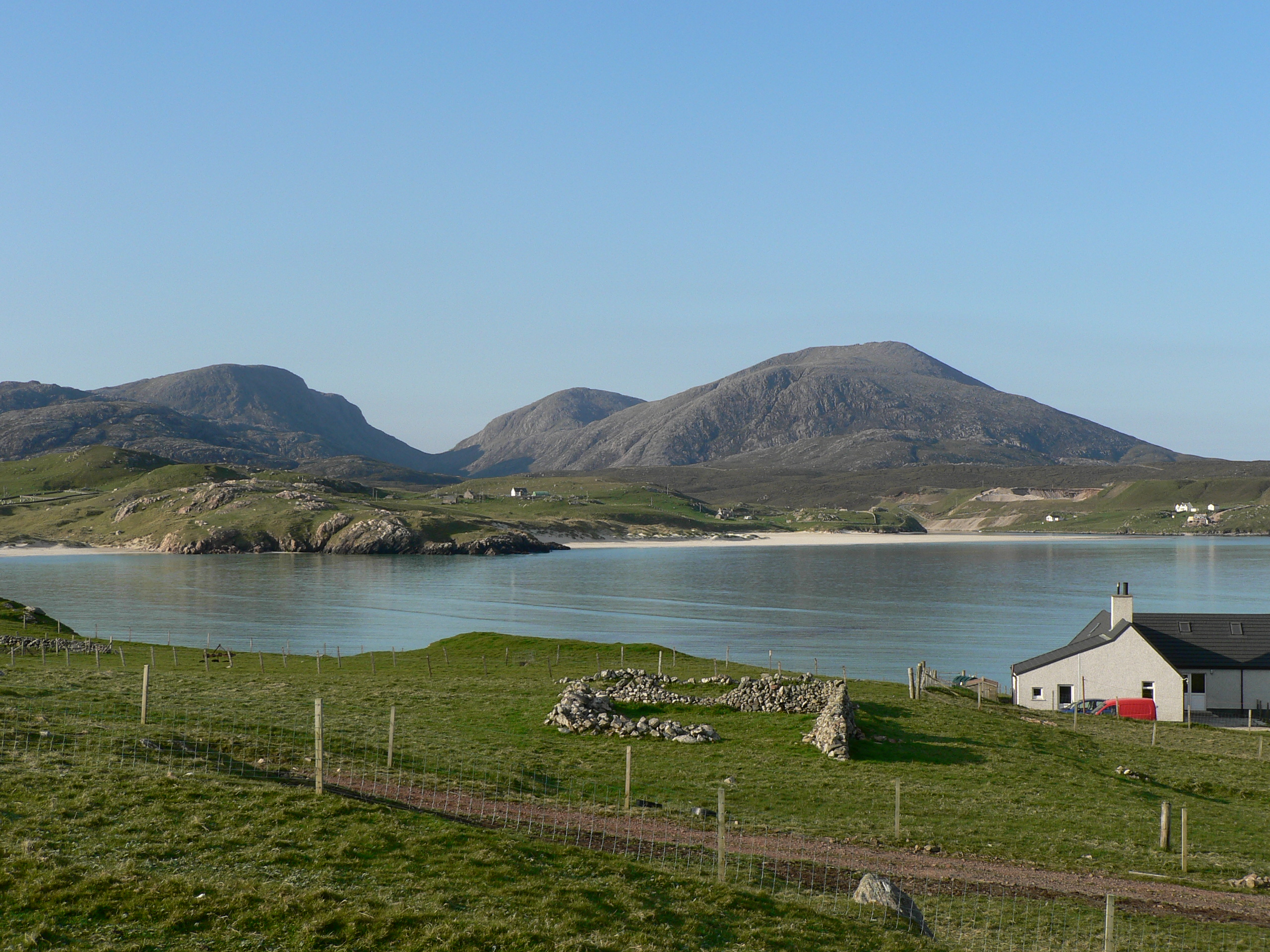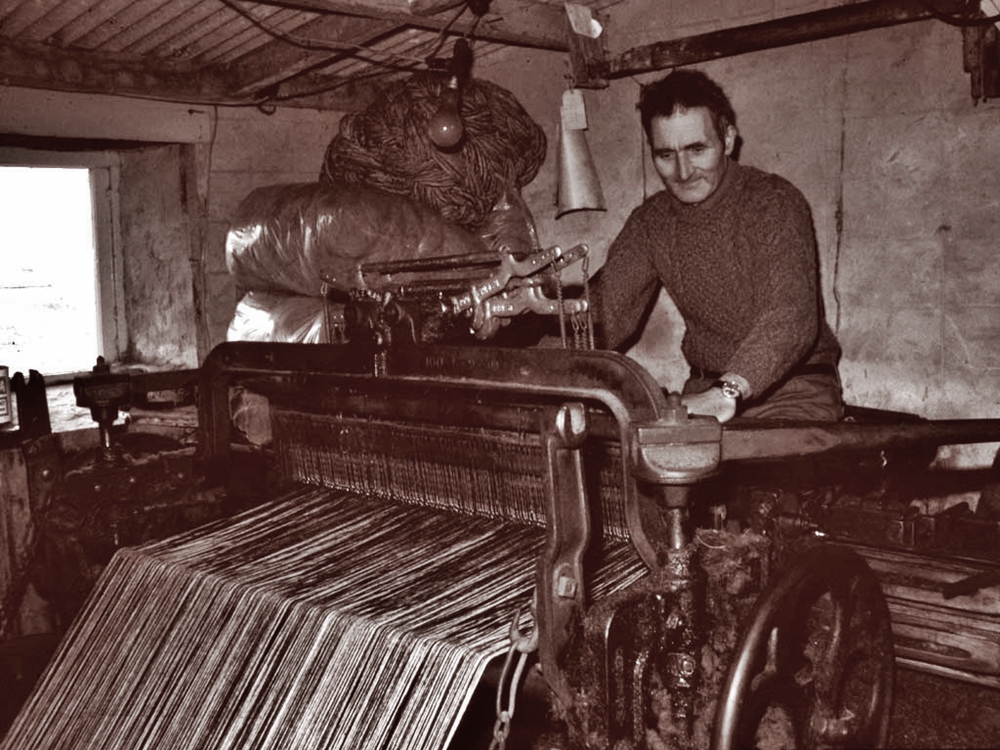Starting at Crowlista School
An extract from the unpublished memoirs of Rev Col AJ Mackenzie, son of the gamekeeper Roderick Mackenzie. AJ was born in 1887 in Kinlochresort and moved with his family to the keeper’s house at Uig Lodge, where he began at Crowlista School.
In May 1892 after the spring holidays, I began my formal education. I had never been at school before except for one day at Kinlochresort when my mother sent me with the other boys thinking I would be happier at school, than alone by myself all day at home. I soon decided that I thought otherwise and as I did not show my enthusiasm to repeat the experience next day, I was not pressed to go any more. But now by law I was compelled to go to school and there was no evading it.
I set off in high spirits with the rest of the boys, buoyed up with their accounts of the joy of life at school. Hitherto I had only looked at the school from a distance and as I drew nearer I was conscious of a conflict of feelings. I began to feel that I was about to be swallowed up in something new and strange and that things would never be quite the same again. There were over a hundred pupils in the school at that time. It was in fact hopelessly over crowded, in the following year an extension was put to it, that was another thrill for us boys to see masons, joiners and painters at work.
I had never seen so many children together before, but what filled me with amazement was the amount of noise they made with their chattering. The master, obviously, had not come in yet. When he did, the scene underwent an astonishingly rapid transformation. He picked up a thick cane and gave half a dozen hard smacks with it on the blackboard. At that instance a dead silence fell on the school. I had never seen such behaviour before and I do not in the least exaggerate when I say I was not a little scared. It took me a little time to discover that our teacher, Mr Stevenson was not as terrifying a person as he appeared to be. The first day passed off uneventfully; the second was not so happy; and the third full of doubt and forebodings. The freedom I had so long enjoyed was gone unless I could do something to recover it.
The forth day was a historic one. I set out as usual with the others but when just out of sight of home I decided on my course of action. I sat down, and calmly announced to the boys that I was not going to school that day. Curiously they did not attempt to persuade me; they may have thought that a more effective authority would soon see that. The authority was soon forthcoming in the person of my mother. She evidently had a suspicion that I had something in my mind when I set out that morning, so she came out to see from the near hill if I was on my way over the moor path to school. Her unexpected appearance startled me, but in no way lessened my determination to make a bid to free myself from the obligations of school that day and for ever.


